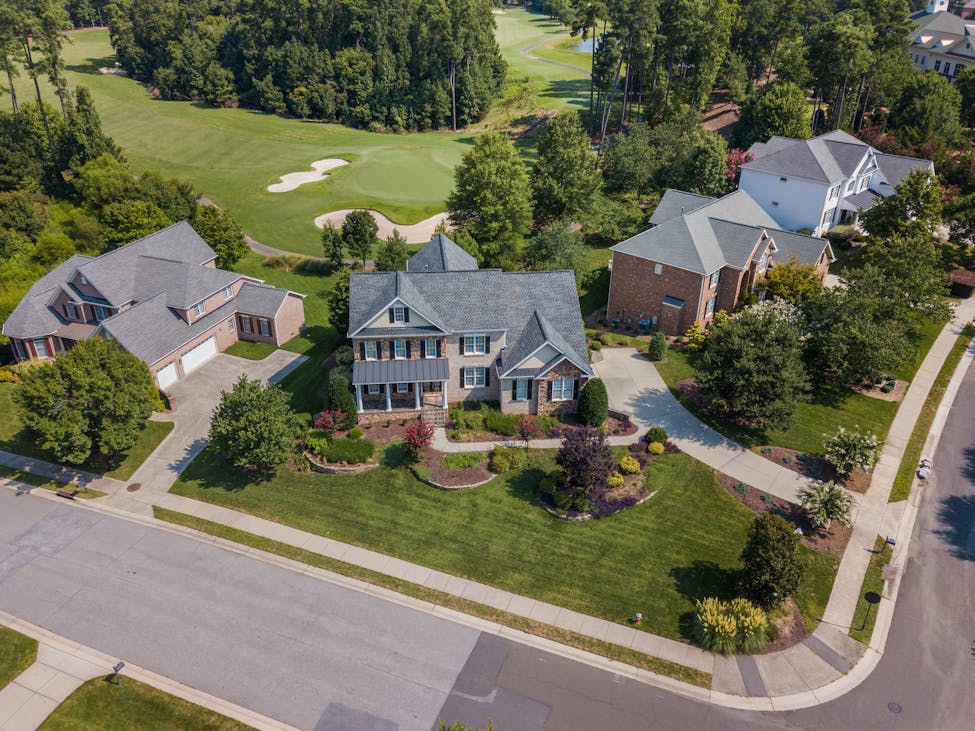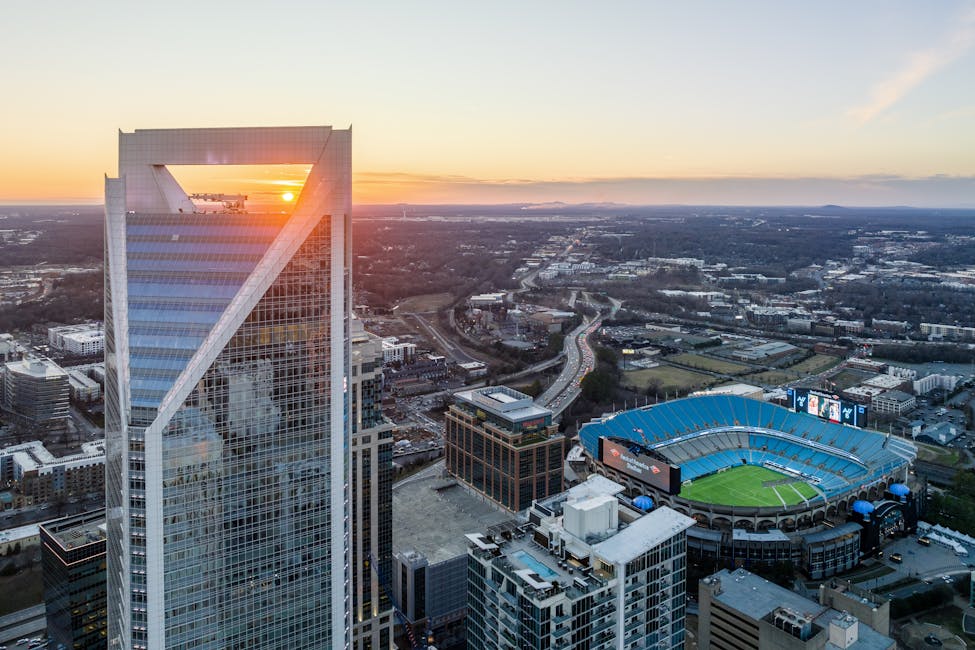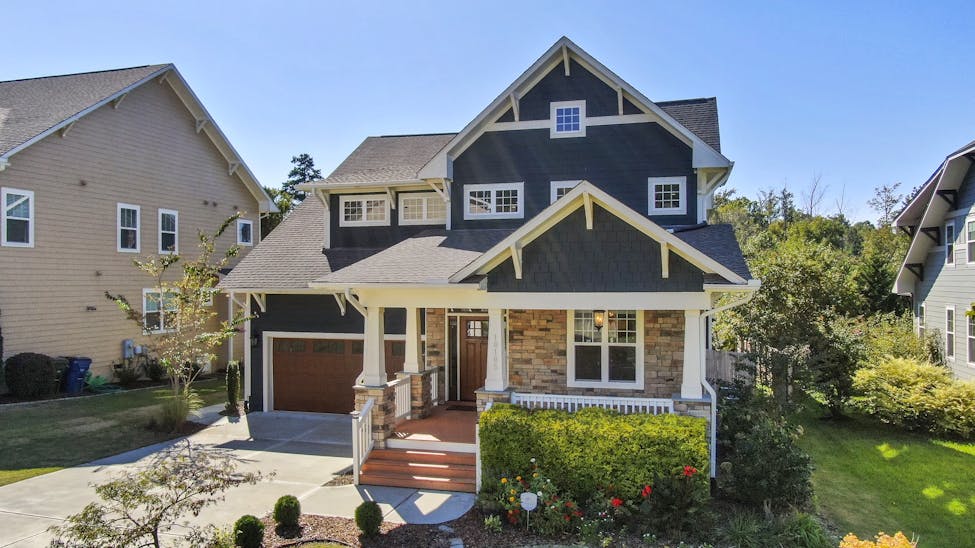
Rental Owner-Investor Tips, News, & Guides
DIY Property Management, How-To, & Market Articles
The Raleigh Housing Market Shift: What Buyers and Sellers Need to Know in 2025
The Raleigh real estate landscape has undergone a dramatic transformation. Just three years ago, the Triangle was experiencing one of the hottest seller’s markets in…
Exciting Times Ahead: 5 Amazing Recreation and Entertainment Venues Coming to Wilmington
The Port City is about to get a whole lot more fun! Wilmington’s entertainment landscape is experiencing an incredible transformation, with five exciting new recreational…
Wake County Unveils Game-Changing Housing Dashboard: Your New Go-To Resource for Real Estate Data
The housing market in Wake County just became a lot more transparent. Whether you’re a prospective homebuyer comparing neighborhoods, a real estate professional tracking market…
The Great Mortgage Lock-In: Why Homeowners Are Still Reluctant to Sell
The housing market has been challenging for both buyers and sellers over the past few years, but there’s finally a glimmer of hope on the…
North Carolina’s Metro Areas Shine as State Climbs to #13 in National Rankings
The Tar Heel State’s economic powerhouses are driving unprecedented growth North Carolina has made a remarkable leap in the latest U.S. News & World Report…
North Carolina Ranks Among States with Weakest Tenant Protections as Private Equity Dominates Housing Market
A new national report has spotlighted North Carolina as having some of the country’s most landlord-friendly laws, raising concerns about tenant rights as private equity…
Charlotte Shines: Ranked Among America’s Top 5 Best Places to Live
Great news for the Queen City! Charlotte has earned its place as the 5th best place to live in the United States, according to U.S…
Urban Chickens: A Renter’s Guide to Getting Approval
In recent years, a growing number of city dwellers have embraced backyard chicken keeping, driven by desires for fresh eggs, sustainable living, and—increasingly—protection from volatile…
Downtown Cary Park’s “The Nest” Crowned #1 Public Playground in America!
Our hometown jewel has captured national attention as USA Today names The Nest the best playground in the entire country. Here’s what makes it so…
Charlotte’s Rental Relief? Not So Fast: Average Rents Drop by Just $1
Remember all that talk about falling apartment rents in Charlotte as new buildings opened their doors? Well, the results are in, and they might leave…
Private Equity’s Grip on Raleigh Housing: What 35% Ownership Means for Renters
Raleigh has earned an unwelcome distinction: it now leads the nation in private equity ownership of rental apartments. According to new research from the Private…
From Farmland to Fortune: How Johnston County Became North Carolina’s Hottest Economic Destination
Gone are the days when Johnston County was just another sleepy agricultural community in rural North Carolina. Today, this dynamic region has transformed into a…
Triangle Boom: Population Up, But Rents Down in 2024
The Triangle region continues to experience remarkable population growth, outpacing most of the nation even as local rental prices have shown an unexpected downward trend…
The Growing Gap Between Buying and Renting: What You Need to Know
In today’s challenging housing market, the financial divide between homeownership and renting continues to widen. Recent data reveals just how significant this gap has become…



















